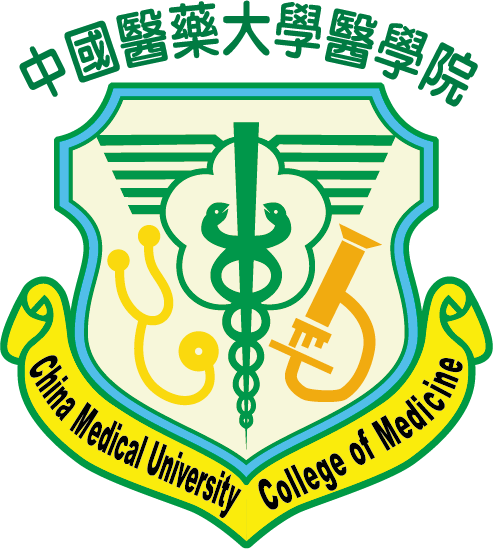College of Medicine
About the College

College of Medicine
China Medical University College of Medicine is one of the most outstanding higher education institutions in the field of biomedical sciences in Taiwan. The College of Medicine is located in the North District of Taichung, Taiwan, and is affiliated with various medical institutions throughout Taichung metropolitan area.
Mission
Medicine is one of the most complicated studies and requires medical schools to develop multidisciplinary skill programs to train students' comprehensive knowledge and techniques. Furthermore, the measure of an excellent medical education is one that presents the topics that are most applicable to 21st-century medical education, which integrates clinical experience and basic science, demands the mastery of new technologies, and equips students with skills to become independent and lifelong learners. The College of Medicine's main mission incorporates compassion, prudence, diligence, and integrity into teaching, scholarship, and service for students. The primary goal is to cultivate compassionate and talented medical students, who are equipped with enhanced skills for healthcare services and advanced biomedical research. We are committed to set the highest standard for medical education in Taiwan and to continue pushing the standard to a higher level. These goals are embraced by our faculties, which are designated to train our students to be well-prepared for advanced clinical practice, frontier science research, and exceptional education.
Features
The College of Medicine provides an outstanding and diverse training environment in medicine today. The curricula are designed to integrate science, technology, clinical practice, and ethical training. Lifelong and problem-based learning techniques will be emphasized for students to develop excellent careers and dignity. The graduate programs offer opportunities for participation in basic, clinical, and translational scientific projects, which are under the guidance of mentors, in order to meet students' long-term academic goals. In recent years, we have kept improving the quality of healthcare and research for the central Taiwan region, applying innovative, scholarly activities to create new knowledge, to provide a better medical education system, and to develop more effective health care methods.
Teaching
More than 900 medical students from Taiwan come to the CMU College of Medicine to pursue their M.D. and to learn from our renowned faculty, many of whom are nationally and internationally recognized and represent a highly diverse and professional learning community. The College offers programs of master's, doctoral and interdisciplinary programs that can be pursued in combination with M.D. degrees. Some of these programs connect CMU to partner universities in the USA, Europe, and other continents.
Research
The swift progression of advanced biomedical science such as the molecular genetic revolution, publication of the human genome, and high-performance computing are hastening the development of new medical diagnostics, treatments, and therapies. In the meantime, a revelation to research provides aspirant clinicians with an appreciation of the processes leading to current and future cutting-edge medical care. The CMU College of Medicine accounts for a total of more than NT$140 million in research funding in the federal fiscal year 2008. We use a collaborative research model, built around multidisciplinary teams of basic and clinical scientists who are organized to answer human-based problems. This approach builds upon the strength of our basic science institutions and our clinical departments. Discoveries had made in laboratories fuel an expansive translational research effort aimed at bridging the gap between the lab bench and clinical beside and translating promising laboratory findings rapidly into clinical applications for patients in our medical center and wherever a medicine is practiced.
Organization
The collaborations in education and research among schools and institutes tighten partnership between basic scientists and physicians and connect them into one big family in order to facilitate advanced medical care.
